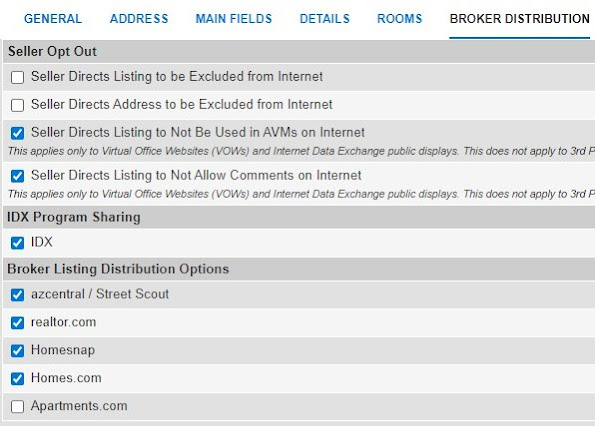What Happens in Escrow?
The main purpose of this blog is to provide information to you. In doing that, I have decided to ask people from within my industry to write an occasional “guest post” on topics that will be of interest to anyone wanting to know more about the real estate business or the real estate market in Arizona.
Below, you will find some information about the escrow process as written by my good friend, Bill Risser from Chicago Title and Trust. I’d like to thank Bill for sharing the information with us!
___________________________________________
Nearly everyone has heard of ChicagoTitle Insurance Company. But just what does the title and escrow company do in the purchase of your new home? My intent with this post is to explain the escrow side of the transaction. We’ll discuss title insurance in depth in a
future post.
An escrow is an arrangement in which a disinterested third party, called an escrow holder, holds legal documents and funds on behalf of a buyer and seller, and distributes them according to the buyer’s and seller’s instructions.
People buying and selling real estate often open an escrow for their protection and convenience. The buyer can instruct the escrow holder to disburse the purchase price only upon the satisfaction of certain prerequisites and conditions. The seller can instruct the escrow holder to retain possession of the deed to the buyer until the seller’s requirements, including receipt of the purchase price, are met. Both rely on the escrow holder to carry out
faithfully their mutually consistent instructions relating to the transaction and to advise them if any of their instructions are not mutually consistent or cannot be carried out.
An escrow is convenient for the buyer and seller because both can move forward separately but simultaneously in providing inspections, reports, loan commitments and funds, deeds and many other items, using the escrow holder as the central depositing point. If the instructions from all parties to an escrow are clearly drafted, fully detailed and mutually consistent, the escrow holder can take many actions on their behalf without further consultation. This saves time and facilitates the closing of the transaction.
The escrow process was developed to help facilitate the sale or purchase of your home. The escrow holder accomplishes this by:
- Acting as the impartial “stake-holder,” or
depository of documents and funds - Processing and coordinating the flow of
documents and funds - Keeping all parties informed of progress on the
escrow - Responding to the lender’s requirements
- Securing a title insurance policy
- Obtaining approvals of reports and documents
from the parties as required - Prorating and adjusting insurance, taxes,
rents, etc. - Recording the deed and loan documents
- Maintaining security and accountability of
monies owed and owing.
When my son was much younger, he asked me what “escrow” was. My explanation to a 6 year old was this: One person has keys to the house being sold. Another person has a bag
full of money to buy the house. Each takes a hold of the keys and the money together, but neither will let go. Each is afraid the other will run off with both the keys and the money if they let go first. That’s where escrow comes in. The keys and the money are given to escrow, and when all the terms of the contract are satisfied, escrow hands over keys to the buyer and the money to the seller! He immediately understood, and then proceeded to tell me that it sounded boring.
Gotta love kids!




